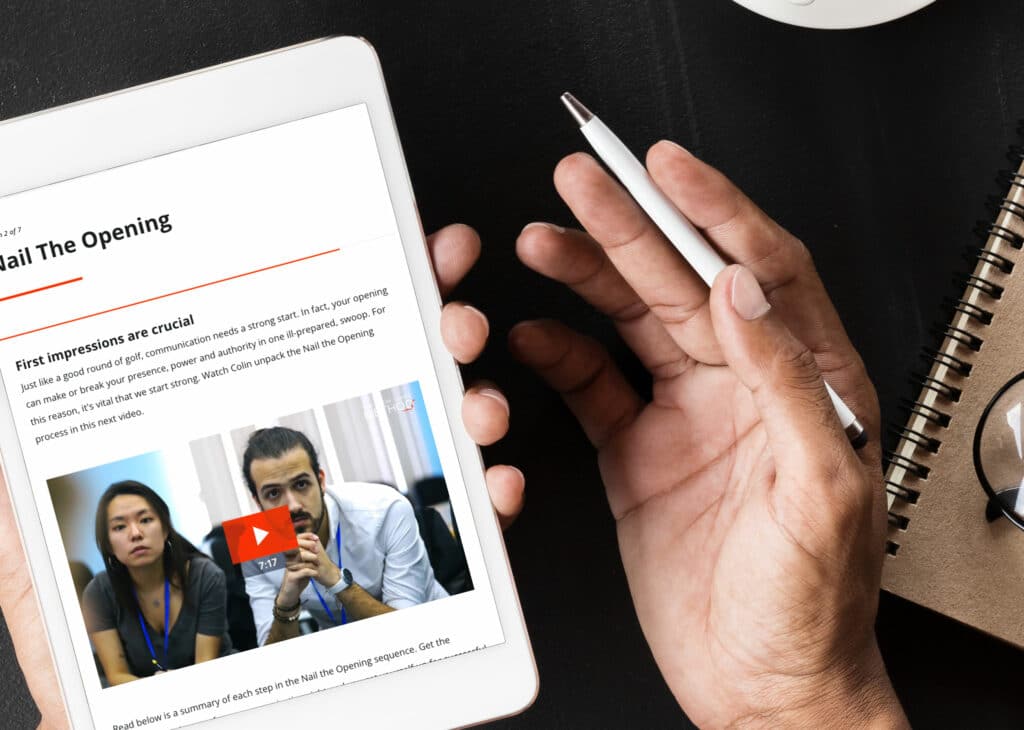In the corporate world, many people are reluctant to use humour in presentations. “It just seems unprofessional,” they think. “This is a serious matter!” But, paradoxically, this is exactly why humour is so powerful in these settings – it’s precisely because it’s unconventional and unexpected that it has the effect of immediately injecting energy into a room, lifting people out of their stupor, and making them sit up and pay attention. This is why we think humour is one of the key communication skills of a leader.
Of course, you must exercise some caution as humour can also be a dangerous thing. If used incorrectly, you run the risk of offending people and putting them offside, which will harm your ability to influence them with your presentation.
In part one of our two-part video series Delight Your Audience Using Humour, I talk about the archetype of the joker or court jester, and how this archetype can help us understand what I like to call “benign violation” – that area that lies between being safe, but dull and ineffective, and being dishonest, offensive or cruel.
Understanding benign violation is key in helping us use humour as a means of telling the truth – even hard truths – in a way that is entertaining and engaging.
In part two, I discuss how benign violation can be used to talk about our competitors, and why it can be so effective in terms of elevating your organisation above others in the eyes of your audience.
When used properly humour is one of the key communication skills of a leader. It can be a great way to connect with your audience, raise the energy of the room, and tell the truth in a way that persuades as well as delights.
Humour is just one aspect of delivering a truly memorable presentation. If you really want an audience eating out of your hands, download our free guide 6 Keys to Building a Memorable Presentation. Make your next presentation a winner!

The Colin James Method® coaches and trains executives and corporates to improve their professional communication skills with a proven methodology. Our coaches are recognised for their experience in their fields and have worked with many individuals and organisations around the world to master the art of communication.










